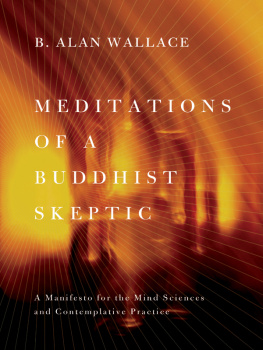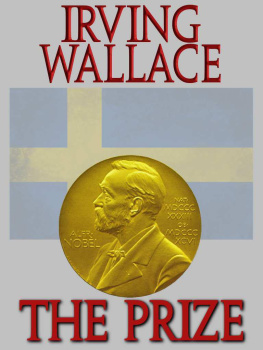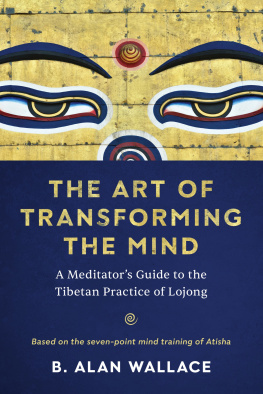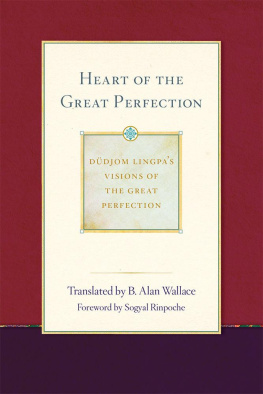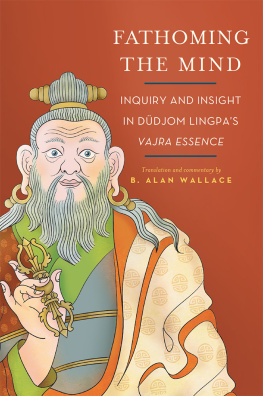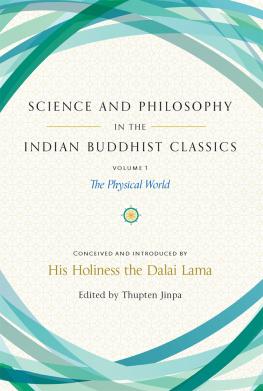DEFERRED DEVELOPMENT
For millennia before Galileo (15641642), people throughout the world gazed at the starry skies with unaided vision and sought to understand the correlations between celestial and terrestrial phenomena. Multiple systems of astrology were the fruits of their labors, but the modern science of astronomy remained beyond reach. For centuries, mathematicians sought to understand the movements of celestial bodies in accordance with the dominant worldviews of their times. But even the heliocentric system devised by Copernicus (14731543) was widely regarded as simply one more plausible mathematical model, for it was not experimentally better than Ptolemys (c. 90168 C.E.) geocentric model. It was Galileo who introduced advanced technology for observing celestial phenomena, and his empiricism soon triumphed over the rationalism of his predecessors. The modern science of astronomy had begun.
Galileos astronomical use of the telescope was a pivotal point in the first revolution in the physical sciences, which began with the publication of Copernicuss work On the Revolutions of the Heavenly Spheres in 1543 and culminated with the publication of Newtons (16431727) masterpiece, Mathematical Principles of Natural Philosophy, in 1687. After decades of rigorous observations of biological phenomena, Charles Darwin (180982) initiated a revolution in the life sciences in 1859 with the publication of his first classic, On the Origin of Species. This revolution took on momentum in the 1930s when Darwins views were synthesized with Mendelian genetics, and it has culminated in the Human Genome Project and commercial applications of genetic engineering.
The start of scientific study of the mind is dated to 1875, the year that Wilhelm Wundt (18311920) and William James independently established the first experimental psychology laboratories in Germany and the United States. The natural sciences were at a crossroads. Over the preceding three centuries, scientists had made dramatic advances in quantitative observations of objective physical phenomena that are independent of the human mind. Now they were faced with the challenge of studying mental phenomena, which are subjective, immeasurable with technological instruments, and difficult for multiple researchers to verify. With no scientifically rigorous means of observing mental phenomena themselves, the safest approach was to focus on the physical correlates of mental phenomena, such as neural activity and behavioral expressions.
Wundt argued for the indispensability of extending the scientific method by perfecting our inner observation so that introspection could be rigorously applied to the scientific study of the mind. but he was convinced that this was necessary in order to expand the scientific worldview to fully incorporate both subjective and objective phenomena.
Shortly after Jamess death, however, American behaviorist John B. Watson (18781958) set the new science of mind on what he perceived as a more conservative course by equating psychology with the study of objective, physical, quantitatively measurable human behavior. Watson argued that psychology must bury subjective subject matter [and] in Throughout the history of science, new methods of observation have been devised for investigating a wide variety of natural phenomena. But over the past century, the cognitive sciences have devised no rigorous means of examining mental phenomena. The revolution in the mind sciences proposed by Wundt and James never took place, and scientific methods for directly observing mental phenomena have barely surpassed folk psychology. Although behaviorism, cognitive psychology, and the neurosciences have made many advances in understanding the mind, there has been no revolution in the 130-year history of the mind sciences comparable to the revolutions in the physical and life sciences.
THE NEW SCHOLASTICISM
For centuries preceding Galileo, natural philosophy was dominated by the ideological constraints of medieval scholasticism. As a result of Aquinass (122574) grand unification of biblical theology and Aristotelian philosophy, it was assumed that the general principles of nature were already well known. The ideology of scholasticism dictated which ways of thinking were reasonable, and the authority of the Bible and Aristotle (384322 B.C.E.) determined what kinds of experience qualified as reliable empirical evidence.
Galileo challenged the prevailing ideology by insisting that empirical evidence, based on meticulous observation and experiment, should be rationally analyzed and evaluated without the constraints of medieval dogma. Revolutionary ways of understanding the world are threatening and painful to those who are rigidly committed to the ways of the past, and Galileos theories met with fierce resistance. Darwin faced similar opposition when he presented his empirically based theory of natural selection, which contradicted the biblical account of the creation of species. But physics and biology have prevailed over the dogmas of the past, radically shifting our understanding of the nature of matter and life in the universe.
In his insistence on the primacy of the direct observation of mental phenomena, James expressed the revolutionary spirit of empiricism in the tradition of Galileo and Darwin. But he challenged the methodologi whereby all nonphysical causation was excluded from the natural world. And in 1864, James Clerk Maxwell (183118) presented his famous equations describing the propagation of electromagnetic fields. This explanation was based on a physical medium, the luminiferous ether, as well as an absolute frame of reference. By 1875, when experimental psychology formally began, the mechanistic view of the universe was held by many scientists to be the ultimate explanation of the nature of reality.
But such confidence proved to be short-lived. In 1887, the existence of a mechanical medium for the propagation of energy fields in empty space was disproved by the renowned Michelson-Morley experiment. Since then, electromagnetic fields have been explained in terms of mathematical abstractions alone; they can no longer be conceptualized as material stuff oscillating in empty space. In 1905, Albert Einstein (18791955) published his special theory of relativity, overthrowing long-standing beliefs in the absolute nature of time and space as well as the existence of the luminiferous ether. Twentieth-century advances in quantum physics have supplanted Laplaces physical determinism, and insights into nonlocality and quantum entanglement have refuted the assumption that causality is confined to local, mechanical interactions. The unresolved measurement problem in quantum physics challenges the very existence of elementary particles with mass and energy existing independently of a system of measurement. The Heisenberg uncertainty principle demonstrates that the conservation of energy is not nearly as airtight as was previously assumed. And current theories of quantum field theory, quantum cosmology, and string theory force us to question the notion of a universe constituted of absolutely objective matter.
As a result of advances in physics at the end of the nineteenth century, the incompatibility of theism and mechanistic materialism had become increasingly apparent not only to scientists but to other intellectuals as well. In 1882, Friedrich Nietzsche (18441900) proclaimed God is dead, which was his provocative way of describing the popular rejection of ab
Although nineteenth-century physics appeared to corroborate the atomism of Democritus, the twentieth-century revolution in physics has reduced matter to mathematical abstractions, or ideas. Werner Heisenberg concluded, With regard to this question, modern physics takes a definite stand against the materialism of Democritus and for Plato and the Pythagoreans.
Next page
